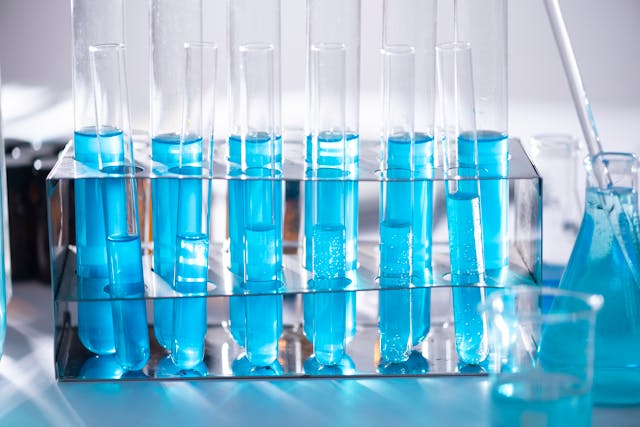Whether you are opening your own laboratory or have recently taken on the role of laboratory manager, you probably realize that this is a significant responsibility that must be managed with care. So, here we’ll explore some of the key factors in managing a successful lab.
stay organized
A well-organized laboratory is the cornerstone of efficiency and safety. Proper organization ensures that equipment, chemicals and samples are stored systematically, thereby reducing the risk of contamination, accident or loss during pharmaceutical production or research. Start by implementing a labeling system for all materials, including chemicals, reagents, and samples. Shelves and storage spaces should be clearly marked, and inventory management systems should be used to track supplies to ensure stock levels are maintained and expired materials are properly disposed of. Work spaces should be kept clean, tidy, and have designated areas designated for specific tasks to prevent cross-contamination. Regular audits and cleanings can help maintain the organization and ensure the laboratory provides a safe and productive environment for all employees.
Hire and train the right team
The success of any laboratory depends largely on the skills and abilities of its staff. Hiring the right team starts with identifying the specific qualifications and experience required for each role. It is critical to recruit individuals who not only have the necessary technical skills but who can fit well into the laboratory culture and work ethics. Once the team is in place, ongoing training is critical. Training programs should cover technical aspects and safety protocols to ensure that all employees are aware of the latest laboratory practices and technologies. Regular workshops, refresher courses and cross-training opportunities can help teams stay engaged and informed, fostering a culture of continuous improvement.
Find the right supplier
Reliable suppliers are critical to the smooth operation of your laboratory. The quality of materials and equipment directly affects the results and safety of laboratory work. Building relationships with reputable suppliers like Science.bio is critical because they can consistently deliver high-quality products on time. When selecting a supplier, consider factors such as product quality, cost, reliability and customer service. It is wise to have backup suppliers in place to avoid disruption if supply chain issues arise. Regularly reviewing supplier performance and maintaining open communication can help ensure your laboratory has a steady supply of needed materials and equipment.
Maintain high quality assurance standards
High quality assurance standards are critical to ensuring the accuracy and reliability of laboratory results. Implementing a strong quality assurance program includes regular calibration of equipment, validation of methods, and thorough documentation of all processes. Standard operating procedures should be developed and strictly followed to ensure consistency in laboratory practices. Regular internal and external audits can help identify potential problems and areas for improvement, ensuring that the laboratory remains compliant with industry standards and regulations. Employees should be trained on the importance of quality assurance and encouraged to take responsibility for the quality of their work. A commitment to high quality assurance not only increases a laboratory’s credibility, but also protects its reputation and ensures the safety of its results.
Any laboratory requires careful supervision and conscious decision-making by a leader. The examples above are just some of the ways to ensure you provide this service.

